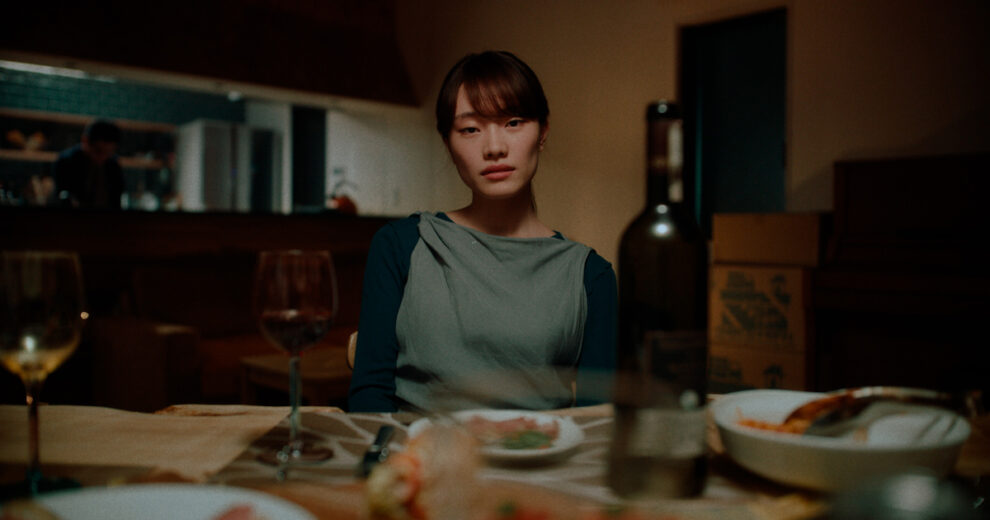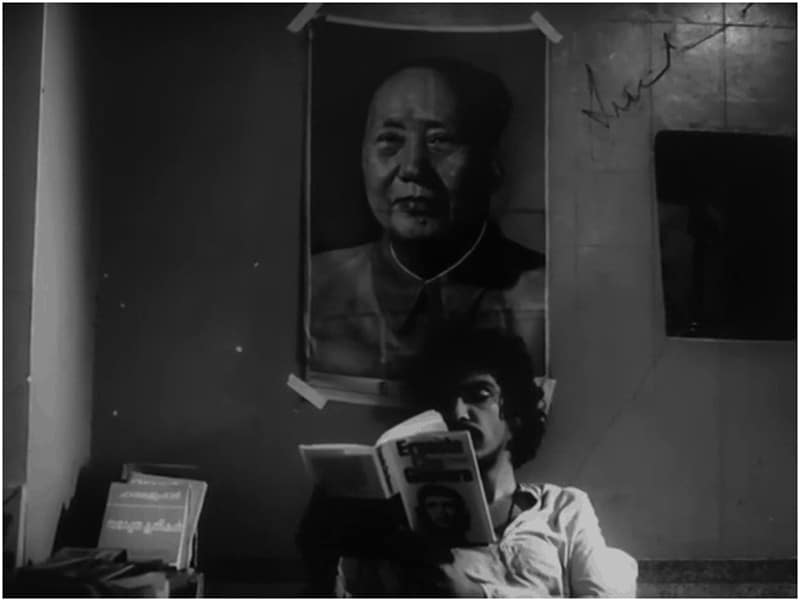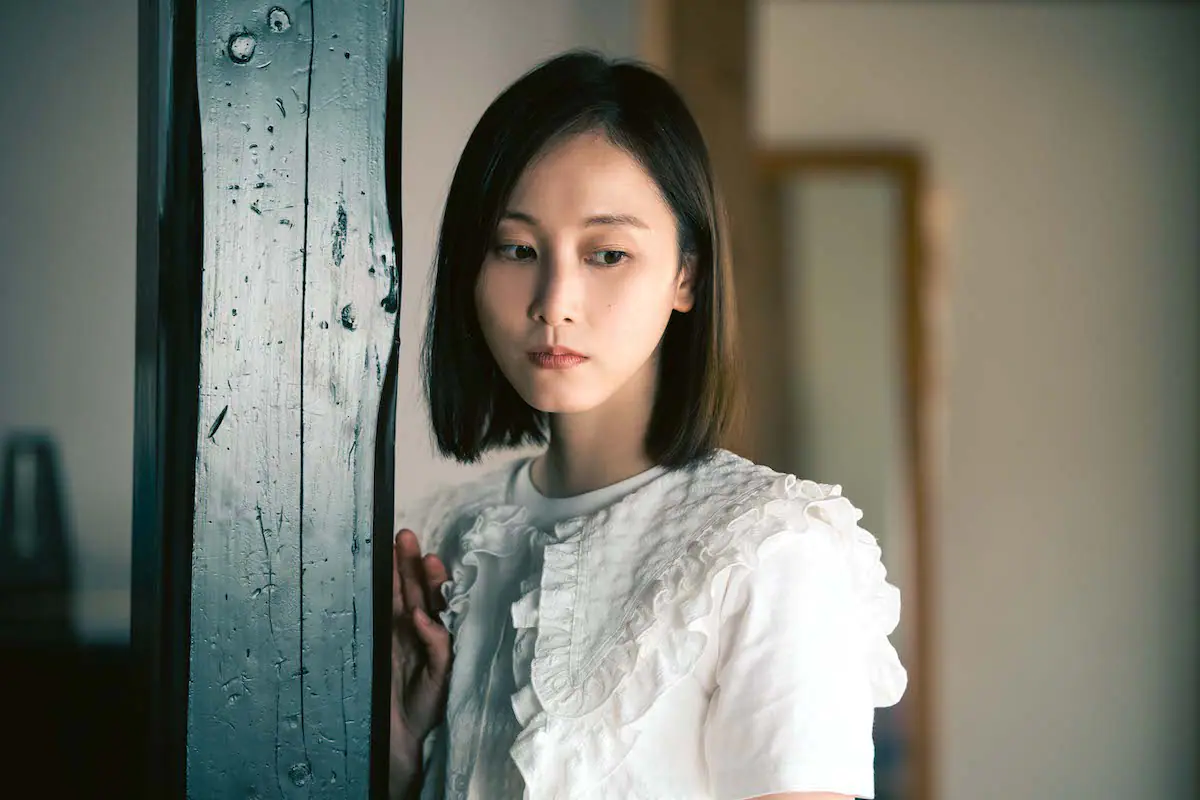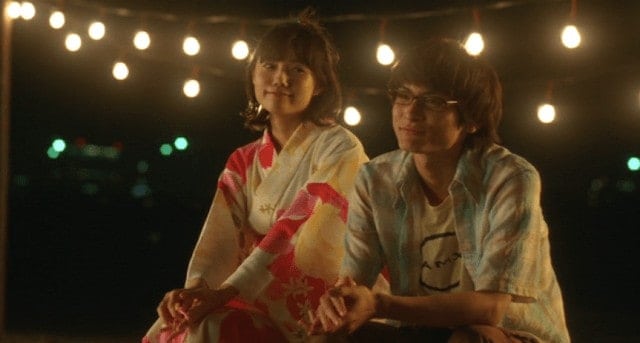A newlywed couple moving into their first home can be a revealing moment in a relationship when two lifestyles clash and need to find balance. It can be a time of joy, or, in the case of Heso's “On a Boat,” of interjecting one's past into a new scenario to create tension and doubt. By introducing friends from the wife's past who reveal a more party-heavy and lively woman than the more reserved persona, she presents a shocking version of herself to her anal and conservative husband. A relationship goes up in flames and is reborn over the course of a single night.
On A Boat is Screening as Part of the
Osaka Asian Film Festival

An overly simplistic premise, “On A Boat” maximizes entertainment by structuring itself as a revelation to a husband through one awkward night. Starting rather flatly with a cold and mechanical unpacking into a home (no celebrations or “love you” spoken) leads to a housewarming party initially intended to be a tame affair with two couples. Instead, the husband meets many friends from the woman's past that sharply contrast the opening with loud, expressive, and emotionally open conversations. During the party, the husband learns of his wife's past days in infamy “on the boat,” which carries subtle notions of promiscuity with other women, secret talents, and a lifestyle starkly in contrast to his conservative values.
This leads to an eventual outburst from the husband, yet one element that makes the short work so well is how it lingers in the ambiguity of its intention on how it wants audiences to react. Those more free-spirited will feel a slight oppression and abandonment of freedom to live a more subservient and reserved life, while those who cherish calm and order will find the party an actual intrusion on the hospitality of a generous host. The dramatic and humorous elements of “On A Boat” will land differently depending on the audience; this is undeniably the greatest strength and charm of the short film.
Check also this interview
At under 30 minutes, there is not enough time to get a feel for the acting of the various characters. Still, the cast is well-rounded and brings realism to the unfolding events, making the (moderately) sensational climax believable. Heso also finds moments to interject visual charm, including a lovely reprise in which the housewife breaks out into song with the lighting subtly changing; reliving the glory days of singing to the cheers of friends.
As a film with a singular focus over a brief period of time, Heso manages to muster up an abundance of charm, creating a sincere portrait of a couple taking the next big step together in their lives. More importantly, while the duo may lack the romantic flair one would like, there is a pragmatism to the relationship that is oddly relatable under the context of building amicable long-term relationships (give and take). The emphasis on those bonds carrying equal value to more boisterous display of emotions works well, offering a wide range of concepts. How relationships work and evolve captured in such a short cinematic experience is both endearing and impressive.















